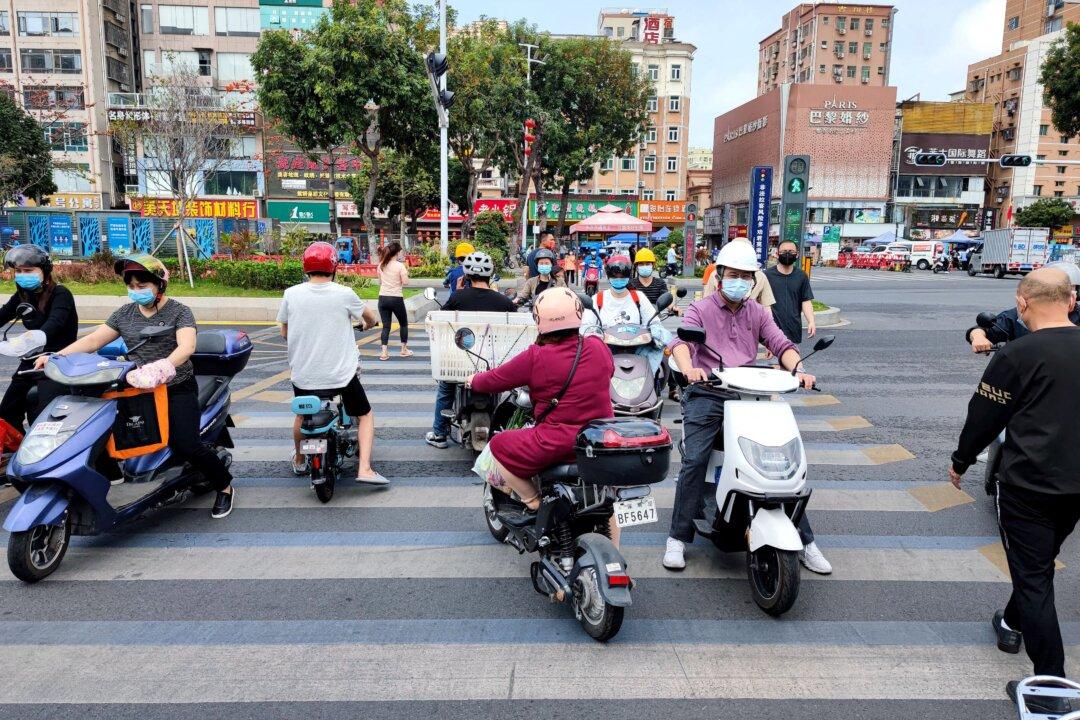Local officials in China’s Shenzhen city are struggling to keep their cities running, even with the central regime’s newly branded “dynamic zero-Covid” policy, but will be dismissed if they challenge it.
“It’s very hard for the government to maintain operations. Nobody works [under lockdown]. We can’t collect any tax,” Guo Qiang (Pseudonym), an official from Guangdong Province’s Shenzhen, told the Chinese-language Epoch Times on March 21.





